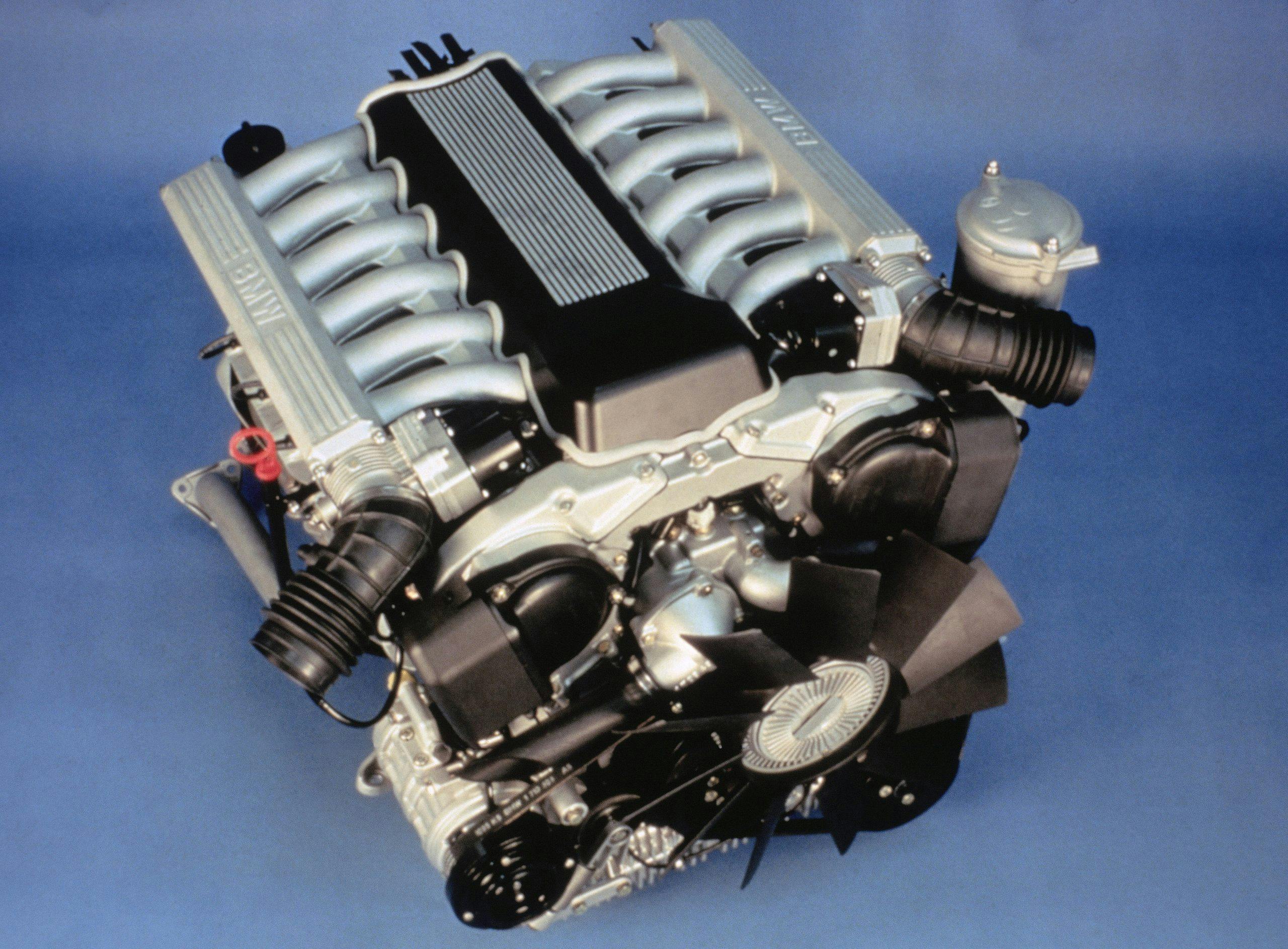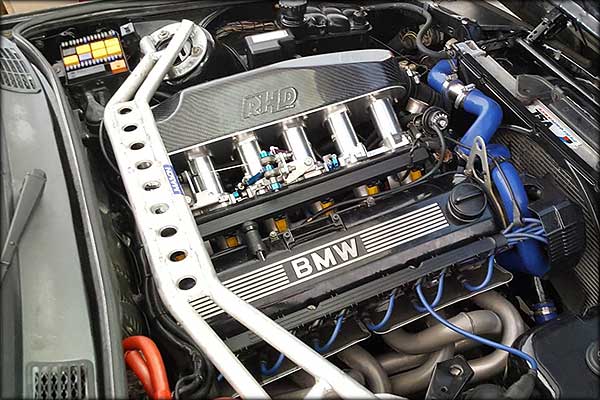Revealing the Intricacies of Next-Generation Power Units: a Deep Dive Into Advanced Engine Layouts and Technologies
In the realm of automotive design, the ruthless quest of effectiveness, efficiency, and sustainability has actually thrust the advancement of power devices to unmatched heights. As we base on the precipice of a new era in transportation, the intricacies of next-generation engine layouts beckon us to explore the sophisticated modern technologies and advancements that guarantee to redefine the driving experience. From advanced products that press the boundaries of resilience and weight reduction to innovative turbocharging and turbo charging systems that boost power outcome to new degrees, each component of these power devices holds a crucial to unlocking the future of automotive design. Delving much deeper into the realms of emission control, smart engine management systems, and the perspective of power unit development, we locate ourselves on the cusp of an improvement that guarantees to improve the landscape of wheelchair as we understand it.
Advancement of Engine Materials

The shift towards advanced engine products has actually also made it possible for engineers to make engines with greater power outputs while keeping fuel performance standards. The use of light-weight products reduces the total weight of the engine, leading to improved gas economic climate and reduced exhausts. In addition, innovations in materials modern technology have allowed for much better thermal monitoring within engines, leading to increased reliability and durability.
Turbocharging and Supercharging Technologies
How do Turbocharging and Supercharging Technologies change engine performance and effectiveness in contemporary lorries? Turbo charging and turbocharging are technologies that considerably enhance engine efficiency by raising the amount of air consumption right into the combustion chamber. Turbocharging achieves this by making use of a wind turbine driven by exhaust gases to pressurize the consumption air, while turbo charging uses a belt- or chain-driven compressor to attain the same result.
These innovations enable smaller, much more fuel-efficient engines to produce power equal to bigger ones, known as downsizing. By compeling even more air right into the cyndrical tubes, supercharging and turbocharging enhance burning effectiveness, leading to enhanced horse power and torque outcome without a significant increase in engine dimension. This results in far better velocity, lugging capability, and general driving performance.
Furthermore, turbo charging and turbocharging add to improved gas performance by enabling the use of smaller sized engines that take in less gas under typical driving conditions - bmw engine. This combination of boosted efficiency and efficiency has actually made turbocharging and turbo charging integral components of lots of modern engine layouts
Emission Control and Environmental Effect
With boosting global issues relating to air quality and environmental sustainability, the execution of emission control innovations in cars plays an essential duty in minimizing harmful toxins released right into the ambience. Modern vehicles are equipped with sophisticated exhaust control systems that assist lessen the environmental impact of auto procedures. Catalytic converters, as an example, are designed to transform harmful gases such as carbon monoxide, nitrogen oxides, and hydrocarbons into less damaging materials like carbon dioxide and water vapor.
In addition, innovations in engine technology, such as the assimilation of exhaust gas recirculation systems and discerning catalytic reduction, have significantly added to lowering emissions. These modern technologies function in tandem to maximize combustion efficiency and reduce the launch of unsafe toxins into the air. In addition, the advancement of crossbreed and electric vehicles represents an essential action towards reducing the general ecological impact of the transport industry.
Intelligent Engine Management Equipment

Furthermore, these systems allow vehicles to fulfill rigid discharges criteria without compromising efficiency, offering an extra ecologically pleasant driving experience. The assimilation of expert system and i thought about this artificial intelligence capacities in engine monitoring systems proceeds to press the limits of what is feasible, bring about further enhancements in effectiveness, reliability, and overall car efficiency. bmw engine. As vehicle innovation advancements, intelligent engine administration systems will play a crucial role fit the future of transportation in the direction of an extra reliable and sustainable direction
Future Trends in Power System Growth
As intelligent engine monitoring systems lead the way for boosted control and optimization in modern-day cars, future patterns in power unit advancement are positioned to redefine the landscape of automobile propulsion modern technologies. These different power resources provide enhanced effectiveness and efficiency while lining up with strict ecological laws.
An additional substantial pattern is the integration of sophisticated products and manufacturing methods. Light-weight materials such as carbon fiber and light weight aluminum are being utilized to reduce general lorry weight, improving fuel effectiveness and efficiency. Furthermore, improvements in 3D printing and additive production are making it possible for the manufacturing of complicated engine elements with higher precision and sturdiness.
Moreover, expert system and artificial intelligence are playing a vital function in enhancing power unit performance. These innovations permit real-time tracking and flexible control, leading to more effective and trusted power delivery. In general, future patterns in power unit growth are geared in the direction of sustainability, performance, and effectiveness, driving the auto market in the direction of a brand-new age of propulsion innovations.

Verdict
In final thought, the innovations in engine products, turbocharging, exhaust control, and intelligent administration systems have led the way for next-generation power devices. These innovations have not just improved performance and effectiveness but likewise decreased ecological impact. As innovation proceeds to develop, future trends in power system growth are likely to concentrate on more improving sustainability and maximizing power output. The detailed designs and innovations in contemporary engines display the ongoing evolution of automobile modern technology.
Exploring the progressive developments in engine materials has actually been pivotal in boosting the efficiency and effectiveness of contemporary engines. Over the years, the evolution of engine materials has played a crucial role in pushing the boundaries of what engines can achieve.The shift towards advanced engine materials has also enabled designers to make engines with greater power informative post outputs while keeping gas performance criteria.The application of smart engine administration systems in contemporary automobiles has actually reinvented the method engines are controlled and optimized for efficiency and performance. By accumulating information in real-time and examining it with advanced algorithms, smart engine monitoring systems can adjust to driving styles, environmental variables, and engine health to optimize power outcome while minimizing gas usage and emissions.